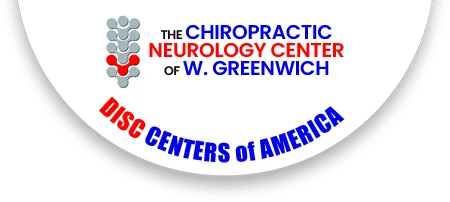Post-Traumatic Stress Disorder (PTSD) in West Greenwich

What is Post-Traumatic Stress Disorder/PTSD?
Post-traumatic stress disorder (PTSD) in West Greenwich is a psychiatric disorder that may occur in people who have experienced or witnessed a traumatic event such as a natural disaster, a serious accident, a terrorist act, war/combat, or who have been threatened with death, sexual violence or serious injury. That is PTSD, but it can be so much more.
PTSD affects approximately 3.5 percent of U.S. adults every year, and an estimated one in 11 people will be diagnosed with PTSD in their lifetime. Women are twice as likely as men to have PTSD. Some people with PTSD have intense, disturbing thoughts and feelings related to their experience that last long after the traumatic event has ended. They may relive the event through flashbacks or nightmares; they may feel sadness, fear or anger; and they may feel detached or estranged from other people. People with PTSD may avoid situations or people that remind them of the traumatic event, and they may have strong negative reactions to something as ordinary as a loud noise or an accidental touch. Some people don’t recognize these events are causing the symptoms of anxiety and depression. If left untreated, PTSD can ruin lives and even lead to suicide.
What are Symptoms of PTSD in West Greenwich?
Post-traumatic stress disorder symptoms may start within one month of a traumatic event, but sometimes symptoms may not appear until years after the event. These symptoms cause significant problems in social or work situations and in relationships. They can also interfere with your ability to go about your normal daily tasks. Reactions can be intense or mild but usually are persistent. You are really never free from being affected by a traumatic event.
Symptoms
- Recurrent, unwanted distressing memories of the traumatic event
- Upsetting dreams or nightmares about the traumatic event
- Severe emotional distress or physical reactions to something that reminds you of the traumatic event
- Flashbacks (Reliving the traumatic event)
- Avoiding places, activities or people that remind you of the traumatic event
- Difficulty experiencing positive emotions
- Difficulty maintaining close relationships
- Negative thoughts
- Feeling emotionally numb
- Being easily startled or frightened
- Trouble sleeping
- Trouble concentrating
- Irritability
- Overwhelming guilt or shame
- Increased anxiety
- Jumpy and on guard all the time
For children 6 years old and younger, signs and symptoms may also include:
- Re-enacting the traumatic event or aspects of the traumatic event through play
- Frightening dreams that may or may not include aspects of the traumatic event
If you or a loved one have suffered a traumatic event and struggle with PTSD, we can help you by performing a Qeeg brain map to see exactly the brain pattern dysregulation. After we identify the brain pattern(s), we can then outline your neurofeedback treatment plan creating new and better patterns alleviating you from suffering any further. Contact us today to schedule your Qeeg brain map appointment.
Neurofeedback
OFFICE HOURS
Monday
8:30am - 12:00pm
2:00pm - 6:00pm
Tuesday
2:00pm - 6:00pm
Wednesday
8:30am - 12:00pm
2:00pm - 6:00pm
Thursday
2:00pm - 6:00pm
Friday
8:30am - 12:00pm
2:00pm - 6:00pm
Saturday
Closed
16 Nooseneck Hill Road Suite A
West Greenwich, RI 02817
Phone: (401) 397-9948
Fax: (401) 397-6218


